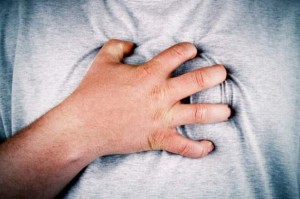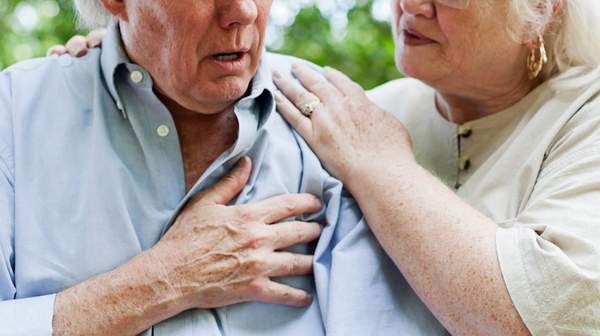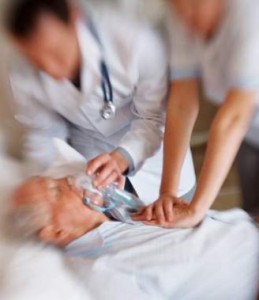
What's in this article?
What Is a Heart Attack?
A heart attack happens when the flow of oxygen-rich blood to a section of heart muscle suddenly becomes blocked and the heart can’t get oxygen. If blood flow isn’t restored quickly, the section of heart muscle begins to die.
A heart attack, or myocardial infarction (MI), is permanent damage to the heart muscle. “Myo” means muscle, “cardial” refers to the heart, and “infarction” means death of tissue due to lack of blood supply.
Heart attack are a leading killer of both men and women in the United States. The good news is that excellent treatments are available for heart attack. These treatments can save lives and prevent disabilities.
A heart attack, also called a myocardial infarction, can be fatal. Treatment for heart attack has improved dramatically over the years. It is crucial to promptly recognize symptoms and call 911 or emergency medical help if you think you might be having a heart attack.
Heart attack treatment works best when it’s given right after symptoms occur. If you think you or someone else is having a heart attack (even if you’re not fully sure), call 9–1–1 right away.
Heart Attack Symptoms
Symptoms of a heart attack include:
- Discomfort, pressure, heaviness, or pain in the chest, arm, or below the breastbone
- Discomfort radiating to the back, jaw, throat, or arm
- Fullness, indigestion, or choking feeling (may feel like heartburn)
- Sweating, nausea, vomiting, or dizziness
- Extreme weakness, anxiety, or shortness of breath
- Rapid or irregular heartbeats
During a heart attack, symptoms last 30 minutes or longer and are not relieved by rest or nitroglycerin under the tongue.
Some people have a heart attack without having any symptoms (a “silent” myocardial infarction). A silent MI can occur in anyone, but it is more common among people with diabetes.
When Heart Attach strikes
Acting fast at the first sign of heart attack symptoms can save your life and limit damage to your heart. Treatment works best when it’s given right after symptoms occur.
Many people aren’t sure what’s wrong when they are having symptoms of a heart attack. Some of the most common warning symptoms of a heart attack for both men and women are:
- Chest pain or discomfort. Most heart attacks involve discomfort in the center or left side of the chest. The discomfort usually lasts more than a few minutes or goes away and comes back. It can feel like pressure, squeezing, fullness, or pain. It also can feel like heartburn or indigestion.
- Upper body discomfort. You may feel pain or discomfort in one or both arms, the back, shoulders, neck, jaw, or upper part of the stomach (above the belly button).
- Shortness of breath. This may be your only symptom, or it may occur before or along with chest pain or discomfort. It can occur when you are resting or doing a little bit of physical activity.
Other possible symptoms of a heart attack include:
- Breaking out in a cold sweat
- Feeling unusually tired for no reason, sometimes for days (especially if you are a woman)
- Nausea (feeling sick to the stomach) and vomiting
- Light-headedness or sudden dizziness
- Any sudden, new symptom or a change in the pattern of symptoms you already have (for example, if your symptoms become stronger or last longer than usual)
Not all heart attacks begin with the sudden, crushing chest pain that often is shown on TV or in the movies, or other common symptoms such as chest discomfort. The symptoms of a heart attack can vary from person to person. Some people can have few symptoms and are surprised to learn they’ve had a heart attack. If you’ve already had a heart attack, your symptoms may not be the same for another one.
What Is the Treatment for a Heart Attack?
Once heart attack is diagnosed, treatment begins immediately possibly in the ambulance or emergency room. Drugs and surgical procedures are used to treat a heart attack.
Other Names for a Heart Attack
- Myocardial infarction (MI)
- Acute myocardial infarction (AMI)
- Acute coronary syndrome
- Coronary thrombosis
- Coronary occlusion
Read more about Different heart diseases & Disorders







